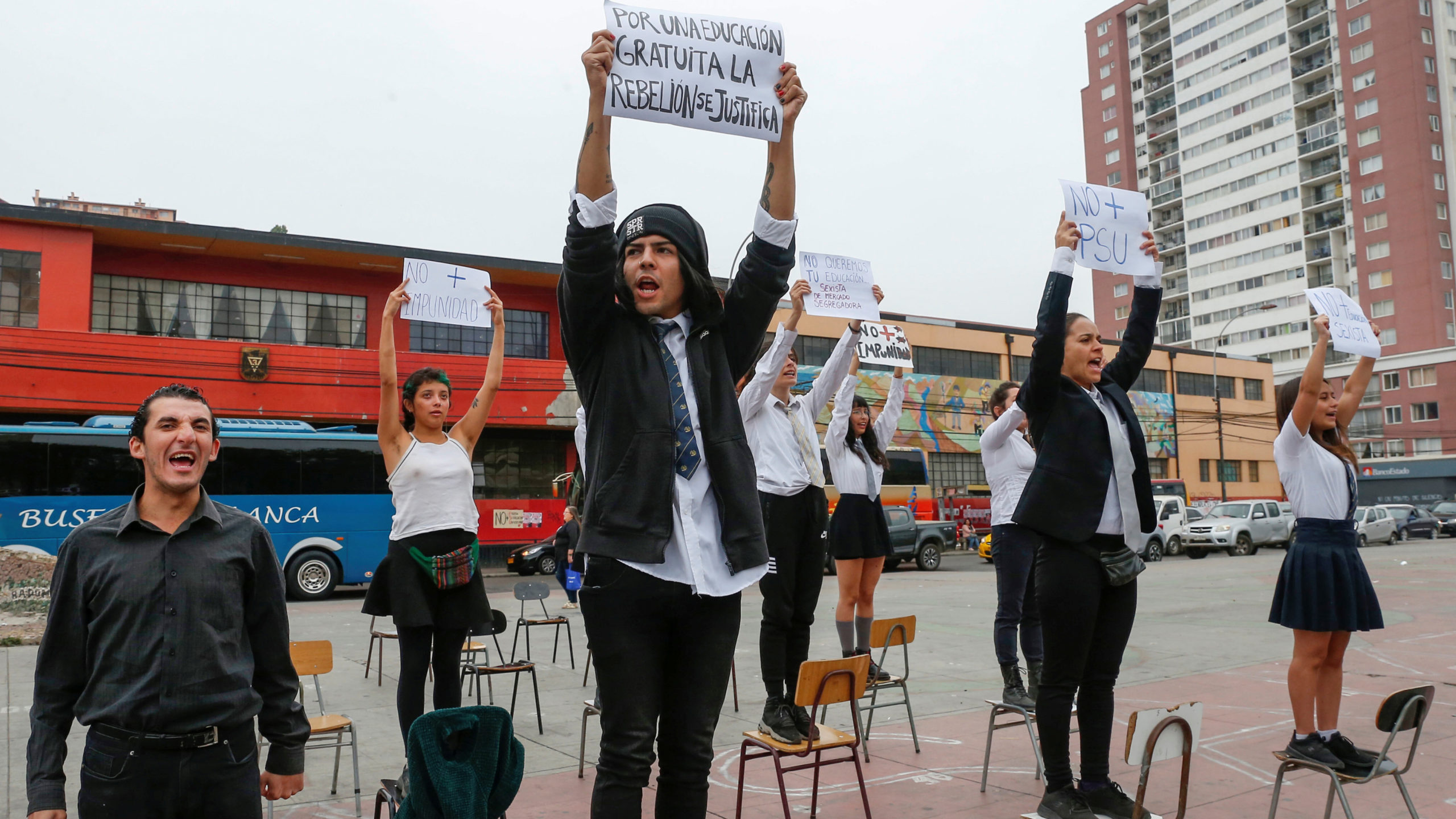ETC Staff
As with the recent protest movement in Lebanon demanding an end to rampant corruption, it was impossible to predict an increase in the price of the Santiago metro would trigger a conversation over overhauling the ruling class and restructuring the economic system.
However, looking back and examine the history of the South American country, it is unsurprising. Indeed, inequality in Chile has been the constant fixture of the country’s national character, and even though it is considered Latin America’s most prosperous nation, middle-class Chileans live in precarity.
Now Chile is experiencing citizen uprisings with deep-rooted economic grievances, forcing the government to declare a state of emergency across the country.
A cursory look at the data shows the country has a structural economic problem prevalent in many advanced industrial economies: inequality and stagnant wages. The per capita income of the poorest segment of the population is less than $140 a month. Nearly half the population earns about $550. Tax evasion is endemic and has cost the country $1.5 billion. The majority of the population believes the political and economic system is fundamentally unfair.
The images of discontent around the world might be shocking but should not come as a surprise. From Latin America to Asia and Europe to the Middle East, anger rages on, especially among the young. Each of these upheavals had its own trigger, but the common thread is the anger towards the political class and its inability to address the economic, social and ecological collapse.
Meanwhile, in Chile, the administration’s response has been inexplicable and authoritarian.
“Chile is at war,” President Piñera said as the protest intensified, framing the population’s disillusionment and response to economic hardship as a nefarious foe aiming to threaten national security. His comments invoke the harrowing era of Pinochet rule, who used the same slogans to demonize political dissent during his 17-year military dictatorship.
Repression is often justified in the name of preserving national security, as young Hong Kong residents could tell you. Other culprits include Iraq, Egypt and Ecuador, where distrust of politicians and resulting public alienation, is the common theme.

But in reality, this global uprising is directly connected with the unfulfilled aspirations of the young in this current economic arrangement, which rapidly forming into a political tinderbox. The youth population is larger than ever before. About 42 per cent of the global population is under 25 years old, and their politics are vastly different than their elders.
As for Chile, the longer it takes the government to understand this generational shift, the harder it will be to get out of this tumultuous political environment.
In an era of the financial crisis, climate breakdown and the abuse of the neoliberal political and economic model, popular mobilizations led by the young also raise the spirit of hope instead of cynicism.
Given the nature of the crisis, structural solutions need to go beyond the usual top-down politics that have allowed extraordinary amounts of wealth to be appropriated by a tiny elite.
It is also worth remembering the increasing concentration of economic power and, in turn, political power is not a Chilean phenomenon but a global one. Perhaps these protests will one day translate into credible political power against injustice, inequality, environmental derogation and attacks on democracy.
